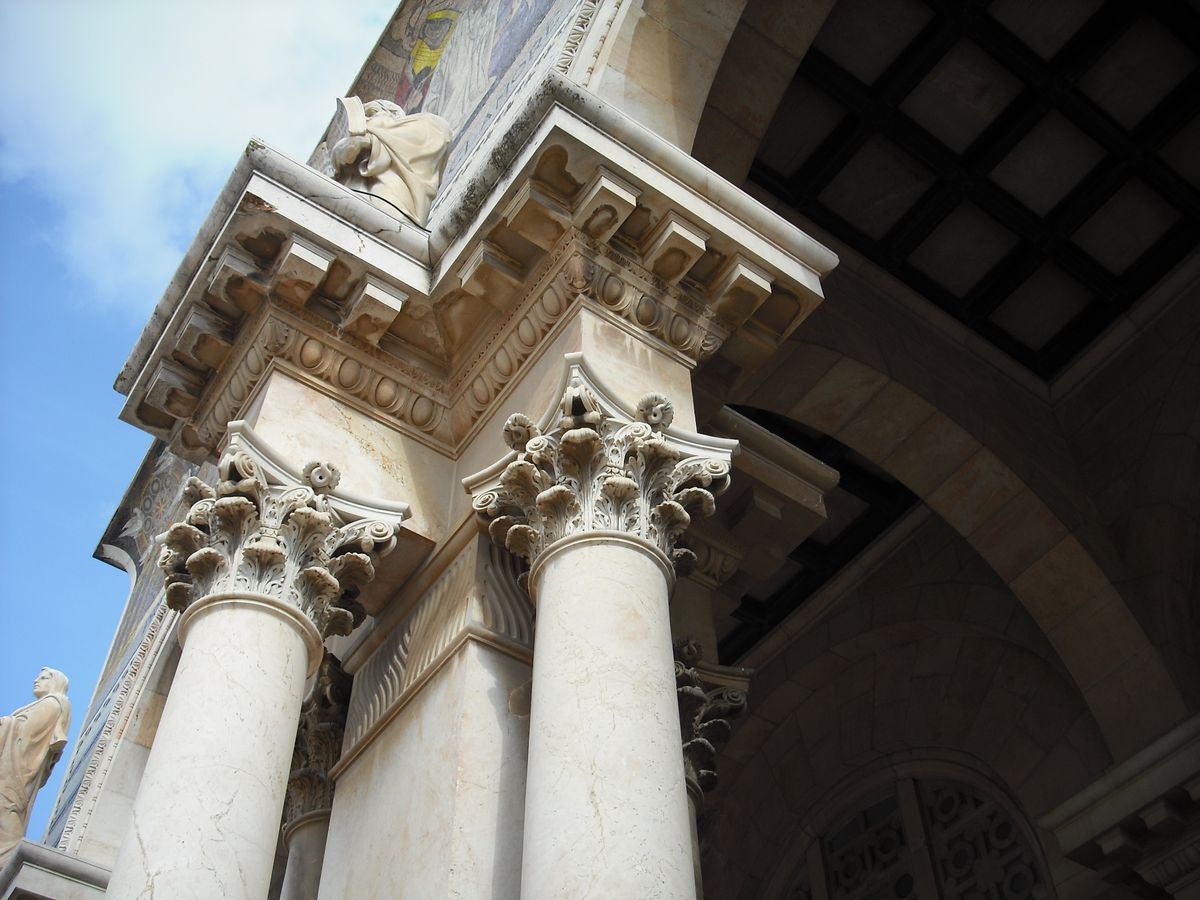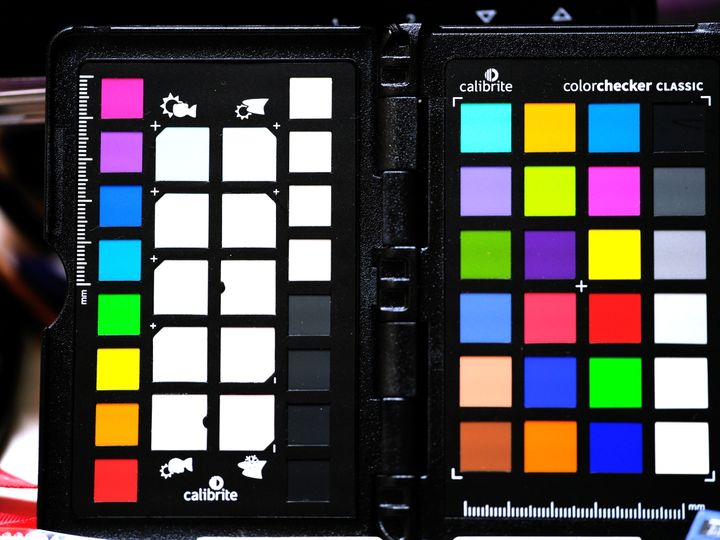QT 04/08/2025 Mon. Ezekiel 14 Spiritual “Proximity” of others: Righteousness That Cannot Save a Nation “接近”其他人的属灵状况 :无法拯救国家的公义

QT 04/08/2025 Mon. Ezekiel 14 Spiritual “Proximity” of others: Righteousness That Cannot Save a Nation
READ http://www.esv.org/eze14
Scripture:
“Even if these three men, Noah, Daniel, and Job, were in it, they would deliver but their own lives by their righteousness, declares the Lord GOD.” — Ezekiel 14:14 (ESV)
Reflection:
In Ezekiel 14, God responds to the elders of Israel who come to the prophet while harbouring idols in their hearts. The Lord’s answer is direct and sobering: judgment is coming, and not even the presence of the most righteous men in history would be enough to stop it.
Noah, Daniel, and Job—three men renowned for their integrity and obedience to God in times of great moral collapse—are mentioned as examples. Each faced unique trials:
(1) Noah lived in a corrupt world and found favour with God (Genesis 6:8).
(2) Daniel stood faithful in a pagan empire (Daniel 1–6).
(3) Job held onto righteousness in the midst of unimaginable suffering (Job 1–2).
Yet even these giants of faith, God says, could only save themselves—not their families, cities, or nations. This declaration confronts any false hope that spiritual "proximity" or tradition can protect us from God’s righteous judgment.
Gospel Insight:
This verse underscores a core gospel truth: righteousness is personal. It cannot be inherited or borrowed. Your parent’s faith can’t save you. Your pastor’s walk with God isn’t your own. You must be made righteous yourself—and only through faith in Jesus Christ is that possible (Romans 3:22).
While Ezekiel emphasizes the limits of human righteousness, the gospel gives us better news: Christ’s righteousness can be credited to us. Unlike Noah, Daniel, or Job, Jesus not only lived righteously but died sacrificially, offering His righteousness as a gift to those who believe (2 Corinthians 5:21).
Application Questions:
(1) Am I relying on someone else’s faith—family, church, heritage—or have I personally trusted in Christ?
(2) What idols in my heart might be separating me from wholehearted devotion to God (see Ezekiel 14:3)?
(3) If judgment were to fall today, am I confident in the righteousness of Christ covering me?
Prayer:
Father, thank You for the example of Noah, Daniel, and Job. But thank You even more for Jesus, whose righteousness can truly save. Search my heart for idols. Let me not trust in religion or reputation, but in the finished work of Christ alone. Help me live righteously in a world turning from You, pointing others to the only One who can truly deliver. In Jesus’ name, Amen.
QT 04/08/2025 星期一 . 以西结书第 14 与他人属灵上的“亲近”:无法拯救国家的公义
阅读 http://m.bbintl.org/bible/ncv/Eze/14/
经文
即使有挪亚、但以理和约伯这三个人,他们也只能因自己的义救自己的性命。这是主耶和华的宣告。- 以西结书 14:14
反思:
在《以西结书》第 14 章中,上帝回应了以色列的长老们,他们来到先知面前,心中却藏着偶像。耶和华的回答直接而清醒:审判即将来临,即使是历史上最公义的人也不足以阻止它。
诺亚、但以理和约伯--这三个在道德崩溃时期以正直和顺服上帝而闻名的人--被作为例子提到。每个人都面临着独特的考验:
(1) 诺亚生活在一个腐败的世界,却得到了上帝的眷顾(创世纪 6:8)。
(2)但以理在异教帝国中坚守忠诚(但以理书 1-6)。
(3) 约伯在难以想象的苦难中坚守公义(约伯记 1-2)。
然而,上帝说,即使是这些信心的巨人,也只能拯救他们自己,而不是他们的家庭、城市或国家。这一宣言驳斥了任何认为属灵上的 "亲近 "或传统可以保护我们免受上帝公义审判的错误希望。
福音启示
这节经文强调了一个核心的福音真理:义是个人的。它不能被继承或借用。你父母的信仰不能拯救你。你的牧师与神同行也不是你自己的。你必须自己成为公义--只有通过对耶稣基督的信仰才有可能(罗马书 3:22)。
《以西结书》强调了人类公义的局限性,而福音则给了我们更好的消息: 基督的义可以记在我们的名下。与诺亚、但以理或约伯不同,耶稣不仅活得正直,而且牺牲性地死去,将祂的义作为礼物献给了那些相信的人(哥林多后书 5:21)。
应用问题:
(1) 我是在依赖别人的信仰--家庭、教会、遗产--还是亲自信靠了基督?
(2) 我心中的哪些偶像可能使我无法全心全意地献身于神(见以西结书 14:3)?
(3) 如果今天就进行审判,我是否相信基督的正义会庇护我?
祷告:
天父,感谢你以挪亚、但以理和约伯为榜样。但更为耶稣感谢你,祂的公义能真正拯救人。求你查验我心中是否有偶像。让我不要相信宗教或名誉,而只相信基督完成的工作。帮助我在这个背离你的世界上正直地生活,将他人引向唯一能真正拯救他们的主。奉耶稣的名,阿门。


